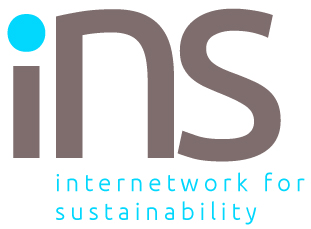The market will solve all problems. Neoliberal economists are convinced of this. But real life shows otherwise, like now in the energy transition. Increasing supplies of earth metals such as lithium and cobalt drive prices down. Good news, you might say. But it is holding back the energy transition, instead of speeding it up. The money flows to shareholders, instead of investment.
Insurer Allianz Trade examined the market for earth metals, which are necessary for all components for electrification in the energy transition, such as batteries, wind turbines, and electric vehicles. In the report, the organization warns that recent price declines in critical metals such as lithium, cobalt, and nickel complicate the global energy transition. Falling prices create uncertainty and discourage investment in renewable energy. This is especially a problem for Europe, which wants to become less dependent on countries such as China for these metals.
The main points of the report
Although demand for metals is soaring, uncertainty, price volatility and CAPEX requirements make companies very cautious. According to the International Energy Association (IEA), demand for metals could double or even triple. But the increase in supply is causing lithium prices to fall, by 85%, while supply has increased by 70% since 2021. Volatile commodity prices and uncertainties around policy and regulation have made companies cautious about making large investments. Instead, companies in the sector continue to increase their distributions to shareholders: By 2023, dividends and share repurchases were nearly four times higher than in 2015.
Speculative behavior is on the rise, fueling bubbles. The analysis shows that speculation has increased on several metals. Since 2022, the speculation index for copper is on average 30% higher than between 2006-2019. Speculation also remains high for cobalt, while it has fallen for lithium as prices have fallen recently.
Lead times in mining are getting longer. Some metals risk falling into a supply gap and will require more investment in the exploration and development of new capacities. In 2023, exploration budgets were down 3% from their highest level in 2022. These budgets are not expected to increase substantially, which could hamper the industry in the longer term. Lead times in mining are now nearly 18 years for recently opened mines, compared with 13 years for mines opened between 2005 and 2009.
Allianz Trade compares the situation to oil dependence and warns of the possible formation of a metals cartel, making the European Union vulnerable to manipulation. Brussels is urged to make alliances with mineral-rich countries and promote recycling.
A salient side issue arises around Europe’s largest lithium reserve in Serbia. Exploiting it could help expand supply and reduce the EU’s dependency on China.
More controversy
But that could backfire considering that Serbia and China recently signed an agreement to “enter a joint future”. Meanwhile, Serbia filed to join as an EU member as well… Just recently, large protests were held in Belgrade against mining lithium. These, according to sources, have a dual background. They are directed against the mining of lithium, which would destroy the local environment and agricultural infrastructure, but also against the ultra-right-wing, Moscow- and Beijing-friendly government. To complete the picture, the largest shareholder of Rio Tinto, the company that will mine the lithium in Serbia, is a Chinese state-owned company.
At the bottom line, the market is not working, politics get in the way and local interests outweigh the importance of a safe global climate. Whoever knows a solution may say so.












